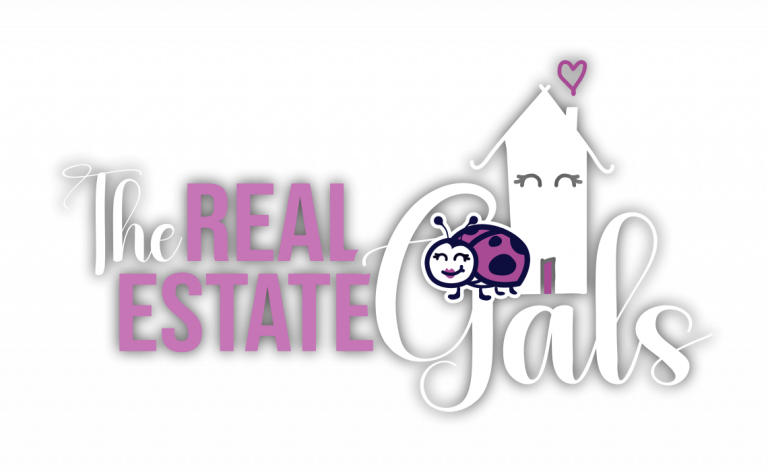Who gets the house in a divorce is a common question or point of contention with divorcing couples, particularly if they’ve lived in their home for a long time – the neighbourhood is familiar, friends are close by and their children go to school there. It’s a house full of memories – some good, some bad.
In a divorce, a house is more than just another asset that needs to be dealt with; it represents the physical and emotional foundation of a family’s life. Deciding what to do with it is probably one of the hardest decisions you’ll need to make.
There are many reasons for wanting to keep the house in a divorce. If you aren’t the main breadwinner, you may not be able to afford another house on your own. Perhaps you don’t want to uproot your kids and move them away from their friends and school. Whatever the reason, they’re all valid.
But the question you need to ask is not, “Who gets the house?” That just ends up locking you into a win/lose situation because it’s either you or your spouse. The better question to ask is: “What do we do with the house?”
This not only opens up more options but it provides you with a framework for making a more informed decision. By reframing the question, your options become:
- One party keeps the house by buying out the other party.
- You sell the house and split the proceeds.
And knowing your options will help you consider your situation more objectively to determine which is the most feasible. There are pros and cons to each option, but everyone’s situation is different and you will need to consider what is right for yours.
The following factors will help you determine the best option for you:
- What is your house worth? And more importantly, what is the marital value of the home?
- Can you afford the current mortgage payments, taxes and upkeep?
- Can you refinance the mortgage if you bought out your spouse?
- What is the current real estate market in your area?
While these all seem like straightforward questions, they’re not. You’re going through a divorce and that brings a host of emotions – from anger to grief, sadness to depression. Decisions on what to do with the house can be overwhelming. And decisions made clouded in emotion can have negative and long-term consequences.
Talk to your lawyer. Talk to a Realtor. Talk to a counsellor, friends, and family. Get a support network in place to help you work through your options.
In future articles, I’ll go through these options and factors in more detail. In the meantime, if you have questions about your situation, please reach out to me.

